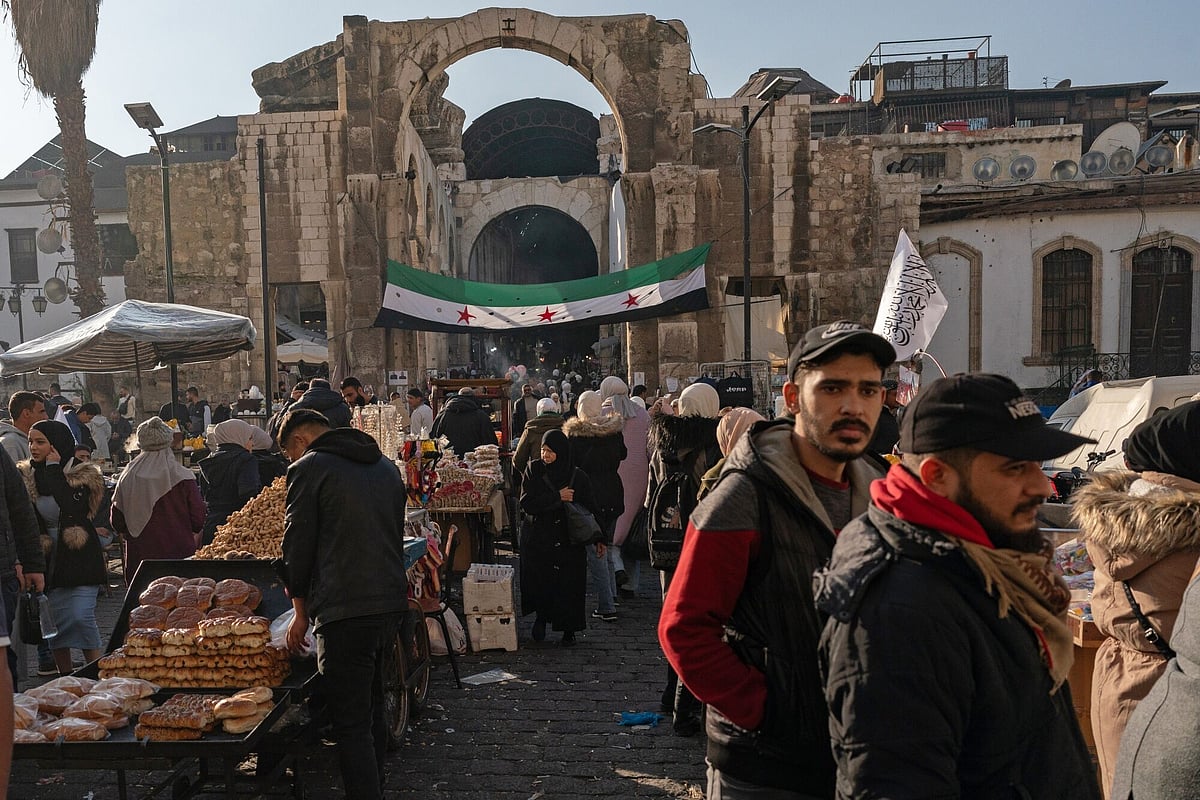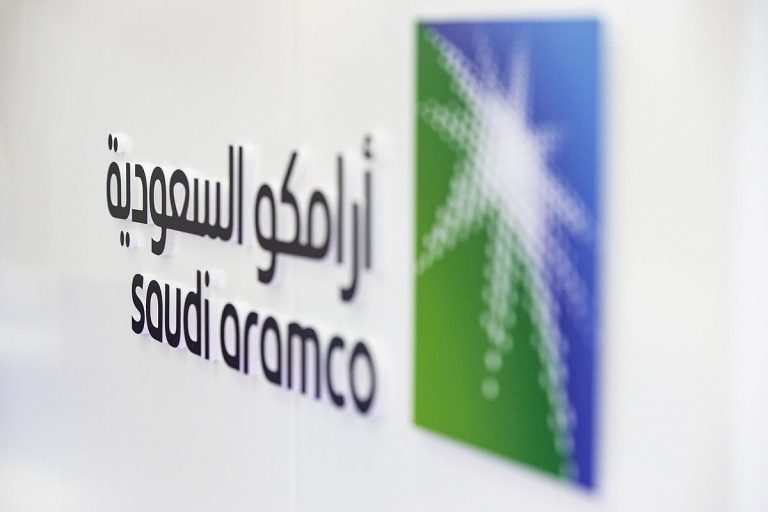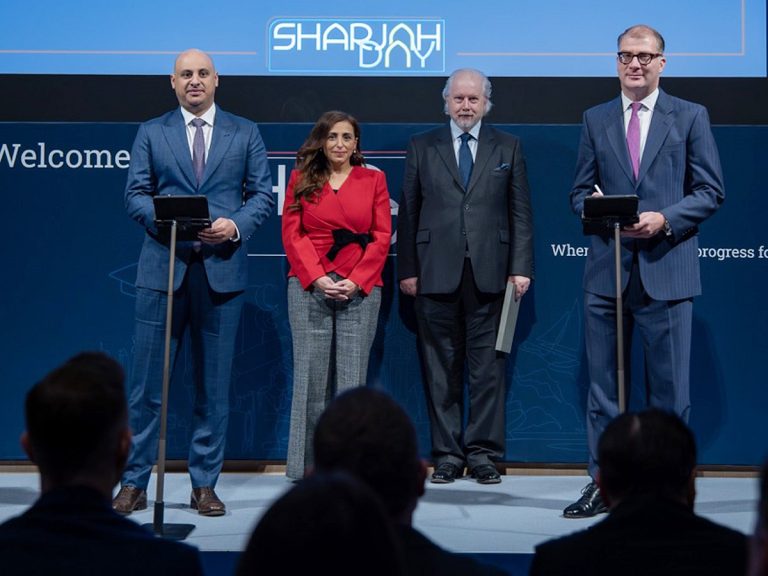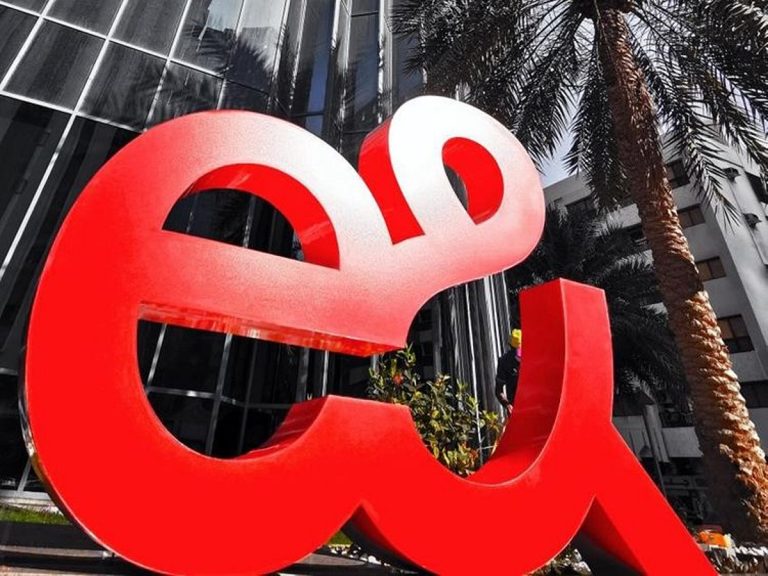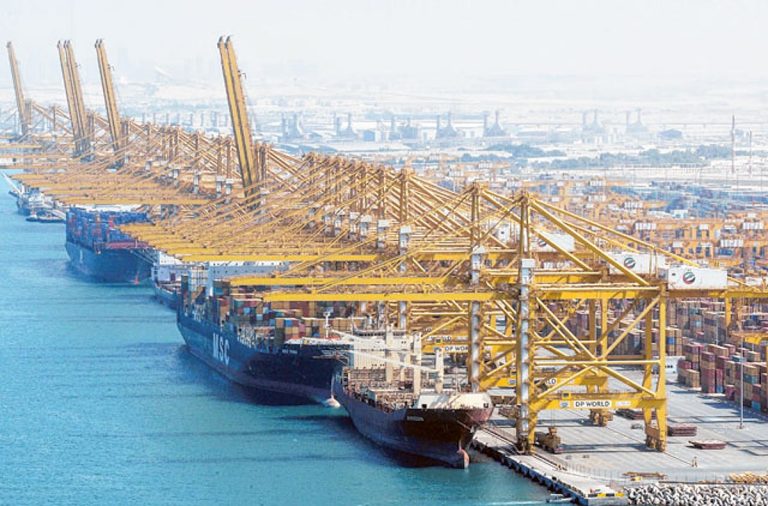IMF Calls for Institutional Rebuilding in Syria
The International Monetary Fund (IMF) has emphasized the critical need for Syria to strengthen its institutions and financial systems before embarking on reconstruction efforts. According to Jihad Azour, the IMF’s Director for the Middle East and Central Asia, the rebuilding of these frameworks is essential for effectively absorbing international aid and investment.
The Importance of Institutional Rebuilding
Syria has endured 15 years of conflict, resulting in significant damage to its infrastructure and economy. Azour pointed out that the country must focus on rebuilding key institutions, including the Central Bank, Ministry of Finance, and statistical agencies. These institutions are vital for establishing a stable governance structure that can attract foreign investment and facilitate economic recovery.
The IMF has been proactive in engaging with regional partners to coordinate support for Syria. Azour noted that a dedicated meeting took place in Saudi Arabia with Gulf Cooperation Council (GCC) countries to discuss how the international community can mobilize resources for Syria. He stressed that effective coordination is crucial for mobilizing international support.
Technical Assistance from the IMF
To aid in the rebuilding process, the IMF is increasing its technical assistance to Syria. This support aims to enhance governance, data collection, and economic management capabilities. Azour stated that the IMF has been involved with Syria since the early days of the conflict and is committed to scaling up its capacity development initiatives.
These early efforts to strengthen institutions are seen as foundational for future reconstruction. Azour explained that preparing the economy to attract investment is essential for accelerating recovery. The IMF has dedicated resources to explore sustainable post-conflict recovery strategies, with a strong focus on institutional development.
Role of Gulf Countries in Reconstruction
Gulf nations, including the UAE, Saudi Arabia, Qatar, and Kuwait, are expected to play a significant role in financing Syria’s recovery. Azour’s comments indicate that the IMF advocates for these investments to be contingent upon the establishment of credible institutions and transparent governance. This approach aims to ensure that funds are utilized effectively and responsibly.
Challenges in Lebanon’s Economic Recovery
In addition to Syria, Azour addressed the ongoing economic crisis in Lebanon, which he described as one of the most severe in the region. He highlighted the need for decisive reforms to restore confidence in the Lebanese economy. The Lebanese authorities have recently requested an IMF program, and discussions are underway to provide additional technical assistance.
Azour outlined several priorities for Lebanon’s recovery, including addressing long-standing economic issues and achieving fiscal sustainability. He emphasized the importance of restoring credibility to the banking system, which is essential for regaining public trust and facilitating economic growth.
Infrastructure Needs
Both Syria and Lebanon face significant infrastructure challenges that must be addressed for economic recovery. Azour pointed out that upgrading essential services, such as electricity and telecommunications, is crucial for fostering growth in these economies.
The IMF’s commitment to scaling up capacity development support is aimed at strengthening local institutions, ensuring that regional funding can be effectively monitored and utilized.
FAQs
What role do Gulf countries play in Syria’s reconstruction?
Gulf countries are expected to finance much of Syria’s recovery, leveraging diplomatic relations and new investment channels, but this support hinges on the establishment of credible institutions in Syria.
How is the IMF assisting Syria?
The IMF is providing technical assistance to help rebuild governance structures, improve data collection, and enhance economic management capabilities, which are essential for attracting investment.
What are the key challenges facing Lebanon’s economy?
Lebanon is grappling with a deep economic crisis, requiring reforms to restore confidence, address debt sustainability, and revitalize its banking system to support economic growth.
Conclusion
The IMF’s focus on institutional rebuilding in Syria highlights the importance of establishing a stable governance framework before reconstruction efforts can begin. As Gulf countries prepare to invest in the region, the emphasis on credible institutions will be crucial for ensuring effective use of resources. Both Syria and Lebanon must address their respective challenges to pave the way for sustainable recovery.
Also Read:
UAE Leads Gulf in AI Development and Investment
Investment Sectors for UAE NRIs in India’s Economy
Recovery Efforts in Alaska After Typhoon Halong’s Damage

